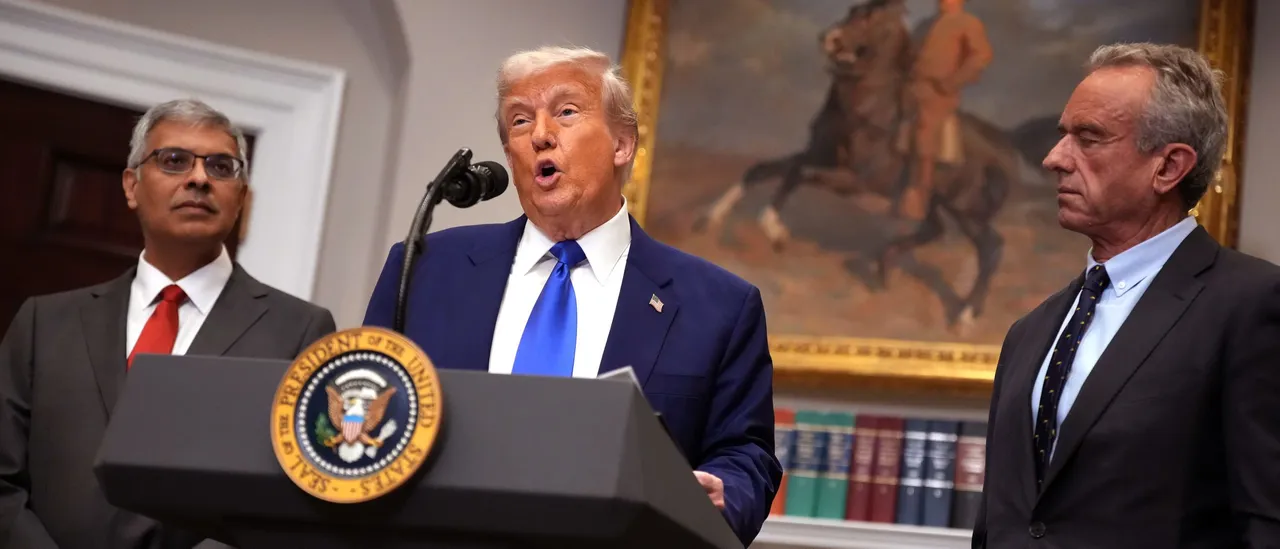
By Katelynn Richardson. Media: Dailycaller
The Supreme Court allowed the Trump administration to move forward Thursday with terminating hundreds of millions in National Institutes of Health (NIH) grants.
In a 5-4 vote, the majority enabled the administration to terminate nearly $783 million in grants, which the government said were opposed to its policy positions on diversity, equity, and inclusion (DEI) and gender ideology.
“The plaintiffs do not state that they will repay grant money if the Government ultimately prevails,” the court’s order states. “Moreover, the plaintiffs’ contention that they lack the resources to continue their research projects without federal funding is inconsistent with the proposition that they have the resources to make the Government whole for money already spent.”
However, the court declined to reinstate guidance documents describing the administration’s priorities that were blocked by the lower court. Justice Amy Coney Barrett was the tie-breaking vote on both issues.
While the district court “lacked jurisdiction to hear challenges to the grant terminations,” Barrett wrote the government is not “entitled to a stay of the judgments insofar as they vacate the guidance documents.”
Chief Justice John Roberts, who dissented along with the three liberal justices, wrote that the lower court’s decision “falls well within the scope” of its jurisdiction.
“If the District Court had jurisdiction to vacate the directives, it also had jurisdiction to vacate the ‘Resulting Grant Terminations,’” Roberts wrote.
U.S. District Judge William Young, a Reagan appointee, called the termination decisions “arbitrary and capricious” during a hearing in June, claiming the government was motivated by “racial discrimination and discrimination against America’s LGBTQ community.”
“I’ve never seen government racial discrimination like this,” he said during a hearing in June, according to the Associated Press.
The termination decisions “reflect quintessential policy judgments on hotly contested issues that should not be subject to judicial second-guessing,” the administration wrote in its application filed with the Supreme Court in July.




























































































Discussion about this post